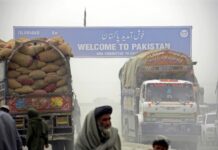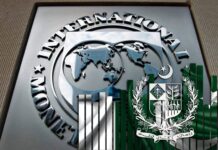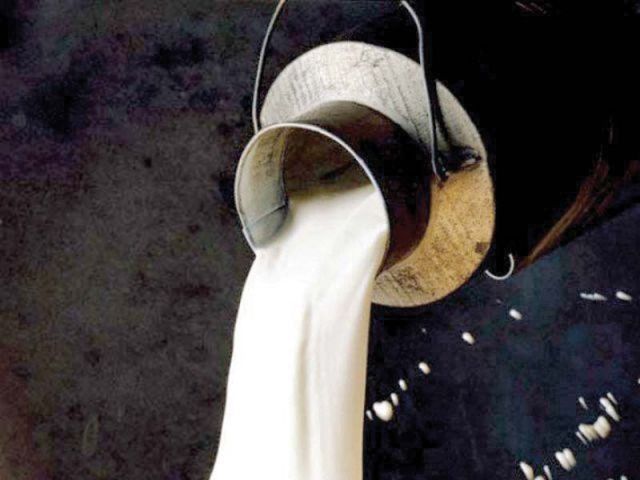The Competition Commission of Pakistan (CCP) has imposed penalties on three dairy associations in Karachi for colluding to influence fresh milk prices, a contravention of Section 4(1) and 4(2)(a) of the Competition Act, 2010.
The penalties include Rs 1 million on M/s Dairy and Cattle Farmers Association (DCFA) and PKR 500,000 each on M/s Dairy Farmer Association Karachi (DFAK) and M/s Karachi Dairy Farmers Association (KDFA).
As per details the CCP initiated an enquiry following multiple media reports and articles highlighting a significant hike in milk prices across Karachi. Investigations revealed that the three associations, operating at different levels of the fresh milk supply chain, were directly responsible for the price surge in Karachi and its surrounding regions.
During the proceedings, it was argued that the price caps set by the Commissioner Karachi under the Sindh Essential Commodities Price Control and Prevention of Profiteering and Hoarding Act, 2005, were not revised for three years despite rising inflation. However, the CCP’s findings demonstrated that these associations exerted undue influence on the supply chain to manipulate milk prices.
The Order established that evidence, in the form of video recordings, confirmed that the price increases announced by the associations were effectively implemented across the supply chain. The associations employed coercive tactics to enforce compliance with their pricing mechanisms, threatening wholesalers and retailers with milk supply suspensions if they refused to adhere to the prescribed rates.
The Order concluded that the associations had substantial influence over key pricing elements, including bandhi rates, mandi rates, wholesale rates and retail prices, resulting in significant price distortions in the fresh milk market.
The Order further revealed that the associations created artificial shortages of milk by hoarding it in ice factories, subsequently selling it in interior Sindh at inflated rates. These practices significantly disrupted the supply chain and imposed an undue financial burden on consumers.























